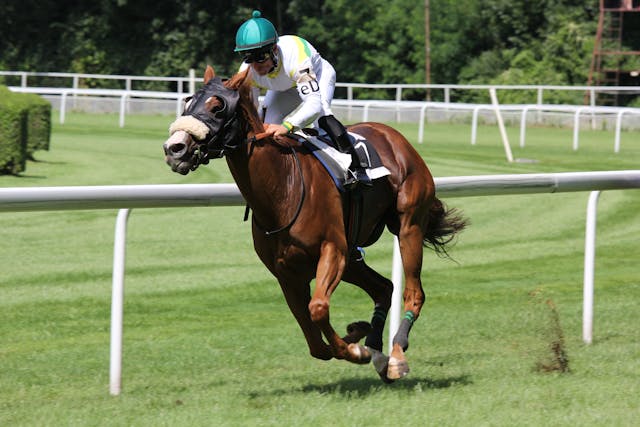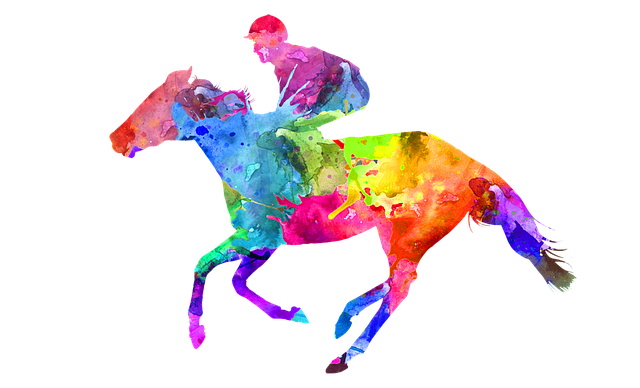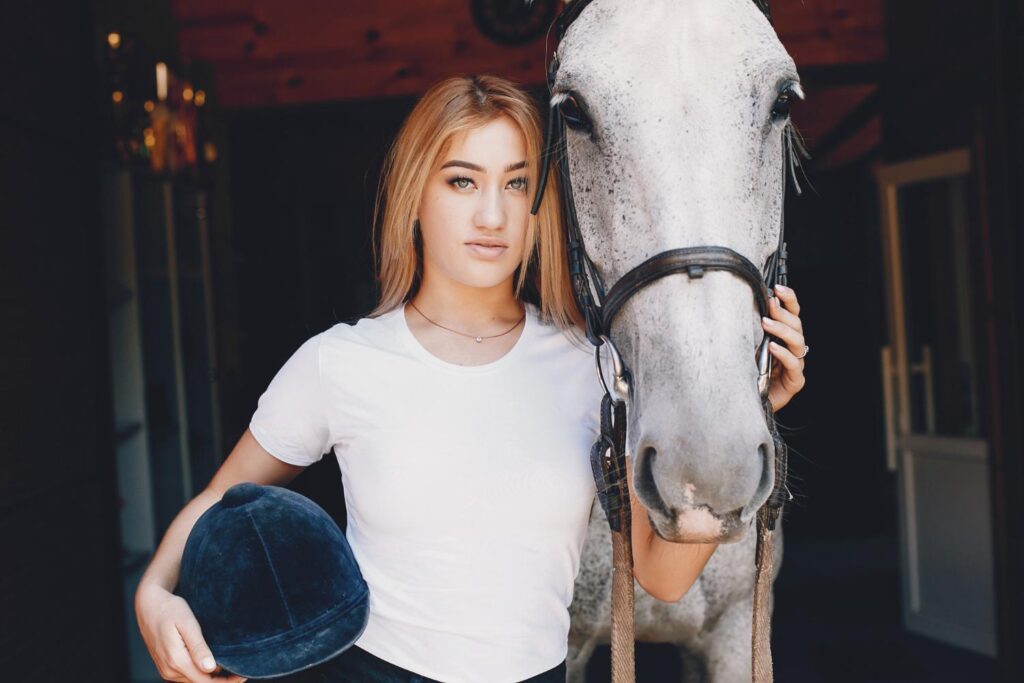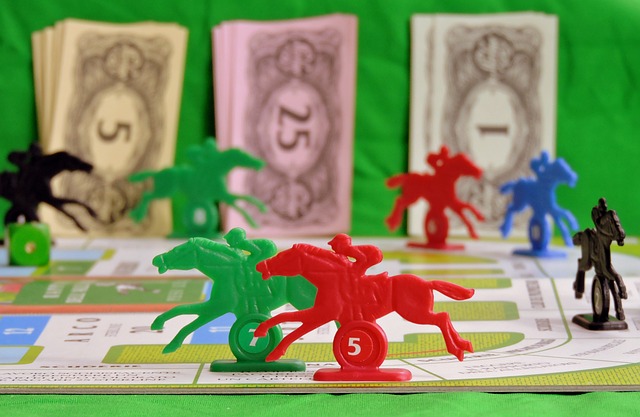 Horse racing is a dynamic sport that relies equally on the horse’s athleticism and the jockey’s expertise. While much attention is given to breeding and training the horse, the rigorous preparation of a jockey is equally crucial. This preparation, deeply tied to focus and strategy, can directly impact today’s horse racing odds and the outcomes of even the most competitive events.
Horse racing is a dynamic sport that relies equally on the horse’s athleticism and the jockey’s expertise. While much attention is given to breeding and training the horse, the rigorous preparation of a jockey is equally crucial. This preparation, deeply tied to focus and strategy, can directly impact today’s horse racing odds and the outcomes of even the most competitive events.
Bookmakers carefully study various factors before setting these odds, and the jockey’s track record, fitness level, and ability to adapt to different racing conditions are among the key considerations. A physically fit and mentally prepared jockey can make split-second decisions during a race, which may mean the difference between victory and defeat.
A jockey with a reputation for maintaining peak fitness and excelling in specific racing conditions can sway the odds in their favour, especially when paired with a well-conditioned horse. By studying a jockey’s recent performances and commitment to training, bettors can gain insights that may not be immediately apparent from the horse’s form alone.
Physical Conditioning: The Foundation of Success
Jockeys are among the fittest athletes in the sporting world. Their training regimens typically include a combination of cardiovascular exercises, strength training, and balance work. Unlike other athletes, jockeys must maintain a specific weight to qualify for races, often leading to additional challenges in their fitness routines.
Cardiovascular fitness is essential for a jockey to endure the intense physical demands of a race. High-intensity interval training (HIIT) is commonly used to build stamina, ensuring they can maintain focus and control even during gruelling races. Strength training, on the other hand, focuses on core stability, leg strength, and upper body control. These elements are crucial for maintaining balance and effectively communicating with the horse through subtle movements.
Mental Toughness: The X-Factor
Physical fitness alone is not enough to guarantee success. Jockeys must also develop exceptional mental resilience to handle the pressures of competition. The ability to make quick decisions, stay calm under pressure, and remain focused throughout the race are skills that separate elite jockeys from the rest.
Mental training often involves visualisation techniques, where jockeys mentally rehearse their races to anticipate different scenarios and plan their strategies. Mindfulness and meditation practices are also becoming increasingly popular, helping jockeys manage stress and maintain a clear mind during high-stakes events.
Coaching and mentorship play a significant role in developing a jockey’s mental toughness. Many top jockeys work closely with trainers and sports psychologists to refine their strategies and build confidence. By honing their mental skills, jockeys can gain a psychological edge that contributes to their overall performance.
The Importance of Nutrition
Weight management is one of the most challenging aspects of a jockey’s life. To meet strict weight limits without compromising their strength and energy levels, jockeys follow meticulously planned diets. These diets are often low in calories but high in nutrients, ensuring they can maintain muscle mass and energy levels despite their demanding schedules.
Hydration is another critical factor. Jockeys must strike a delicate balance between staying hydrated and avoiding excess water weight. Many employ techniques such as saunas or sweat suits to shed water weight before a race, but these methods are carefully monitored to avoid compromising their health.
In Summary
Jockey training regimens are a complex blend of physical conditioning, mental preparation, and strategic planning. These elements not only contribute to the jockey’s individual success but also have a direct impact on the performance of the horse, ultimately influencing racing odds. For punters and fans alike, understanding the secrets behind a jockey’s preparation can offer valuable insights into the sport and enhance their appreciation for the skill and dedication required to succeed at the highest level.
 The jockey who holds the record for the highest number of winners at a single Cheltenham Festival is Rupert ‘Ruby’ Walsh, who rode seven winners over the four days in 2009 and equalled his own record in 2016. Kildare-born Walsh, who retired from the saddle on May 1, 2019 with 2,767 winners to his name, remains the third most profilic National Hunt jockey in British and Irish history, behind only Sir Anthony McCoy and Richard Johnson.
The jockey who holds the record for the highest number of winners at a single Cheltenham Festival is Rupert ‘Ruby’ Walsh, who rode seven winners over the four days in 2009 and equalled his own record in 2016. Kildare-born Walsh, who retired from the saddle on May 1, 2019 with 2,767 winners to his name, remains the third most profilic National Hunt jockey in British and Irish history, behind only Sir Anthony McCoy and Richard Johnson.
 One country that is known for producing some of the greatest jockeys the sport has ever seen is Ireland. From dominating the national hunt races to leaving the rest of the field behind on the flat, Irish jockeys are gamed for their incredible skill, courage, and their dedication to the sport. It’s practically guaranteed that if you check the
One country that is known for producing some of the greatest jockeys the sport has ever seen is Ireland. From dominating the national hunt races to leaving the rest of the field behind on the flat, Irish jockeys are gamed for their incredible skill, courage, and their dedication to the sport. It’s practically guaranteed that if you check the